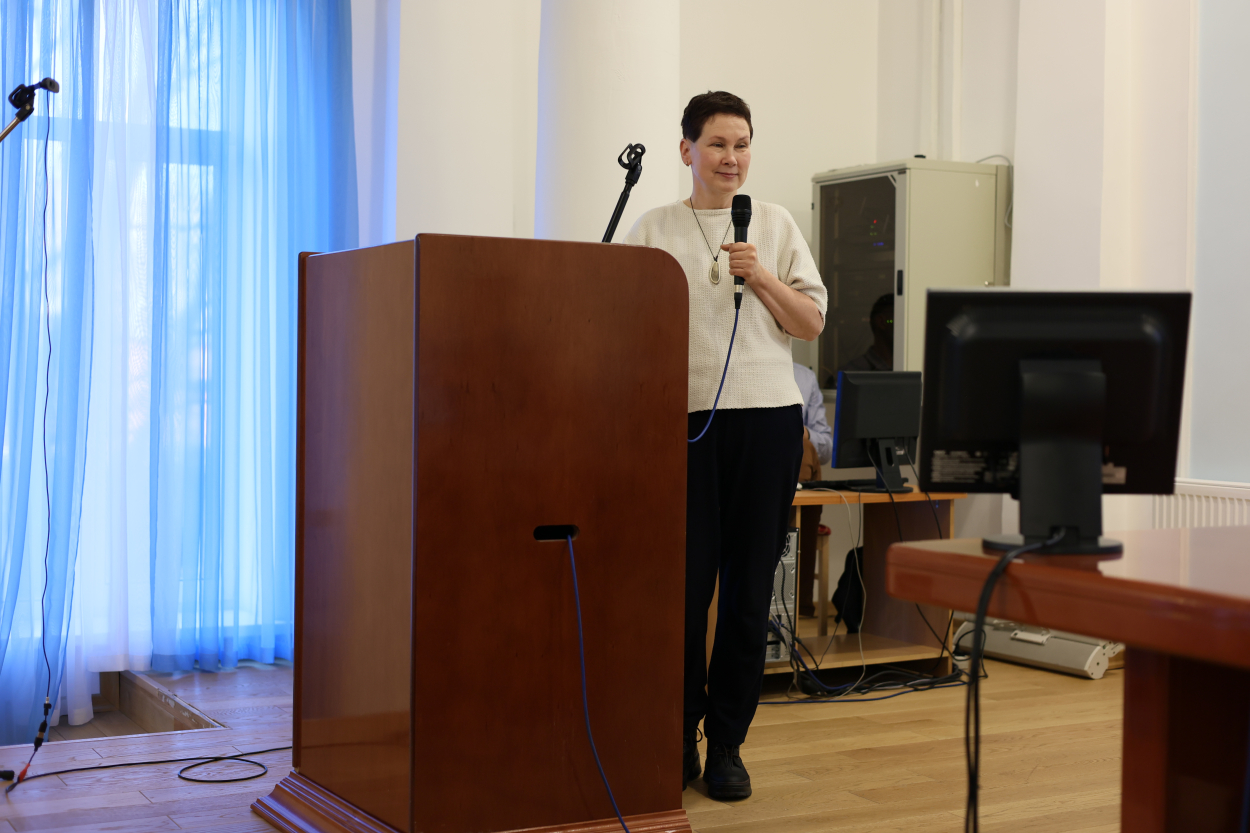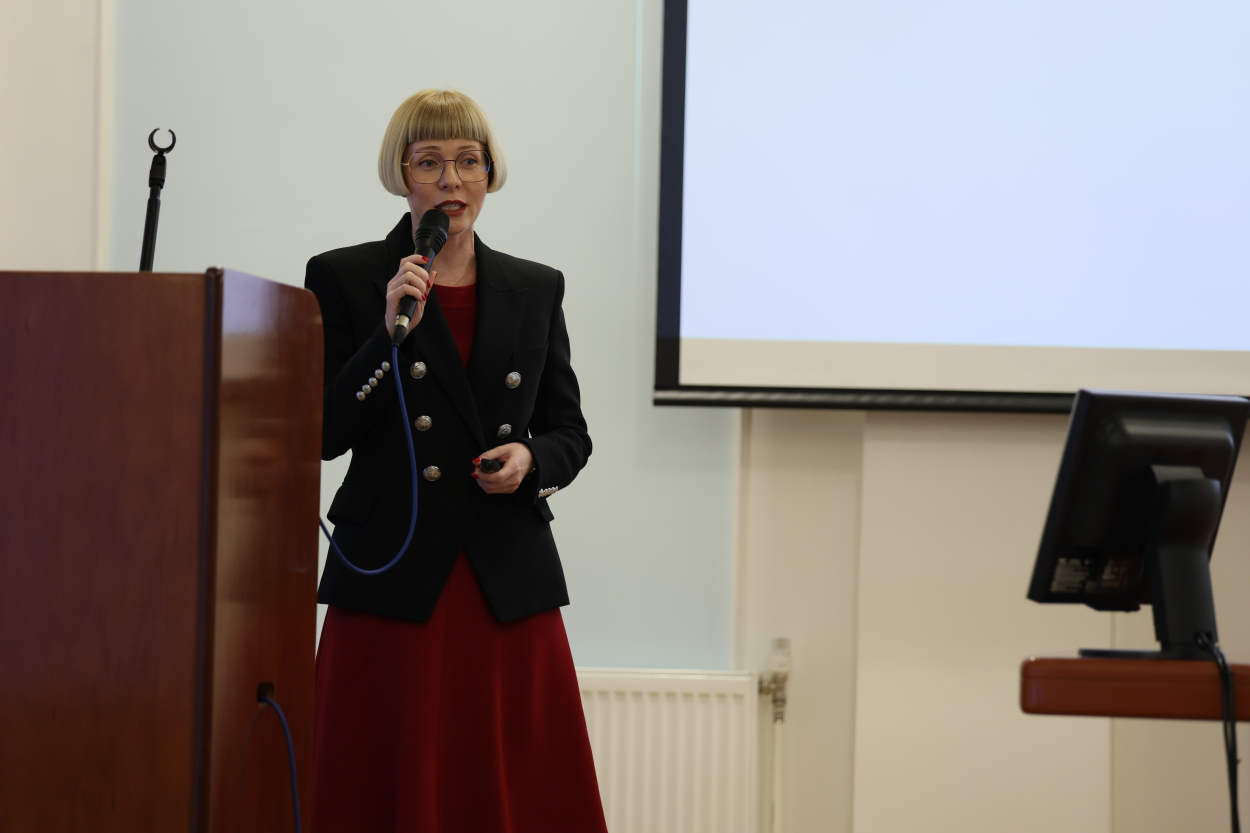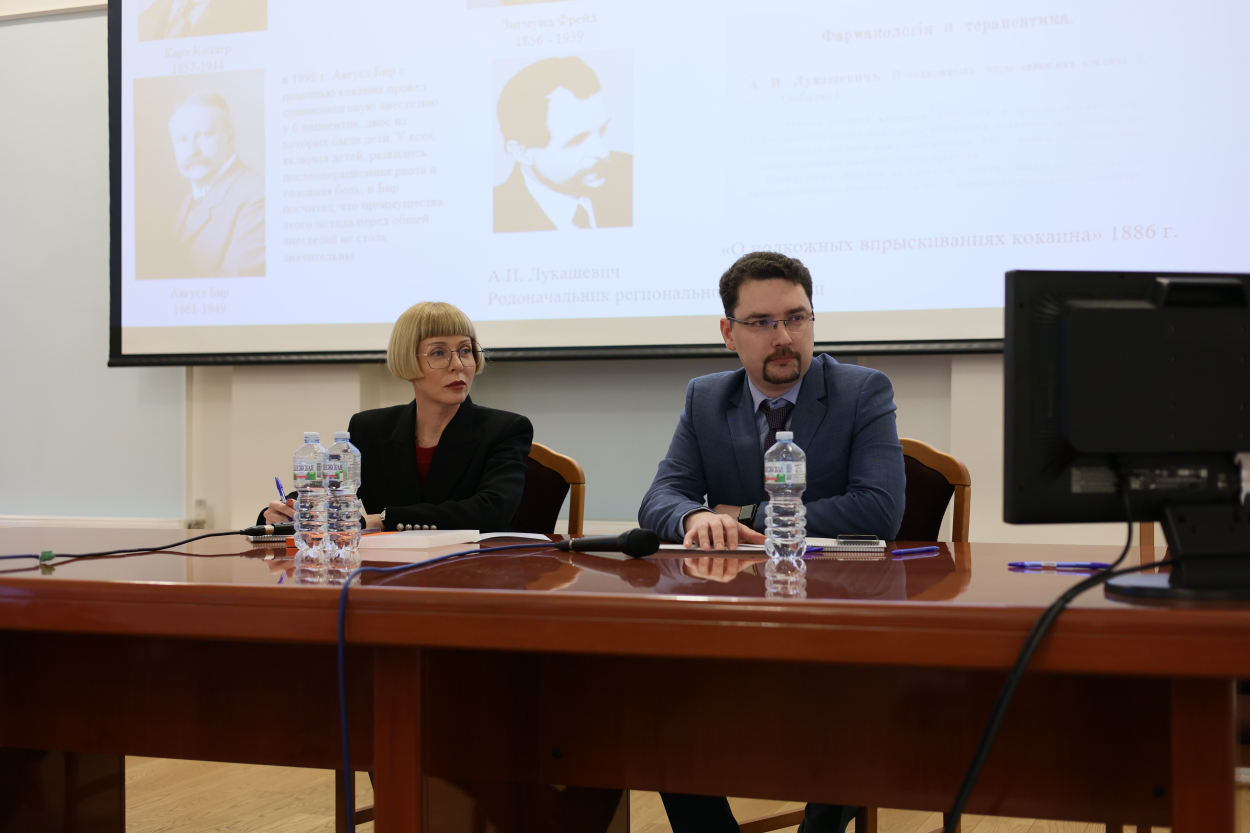Doctors at the St Petersburg University Clinic: when treating children with cerebral palsy, hospitals need to work on the one stop-shop principle
The Pirogov Clinic of High Medical Technologies at St Petersburg University has held a conference that focused on the multidisciplinary treatment of patients with cerebral palsy (CP). The doctors explained why it is important to assemble a team of doctors of different types for a successful clinical examination of children with cerebral palsy and good prescribing of medications.
Cerebral palsy is the most common cause of disability in childhood. The main disorders that affect children are neurological and orthopaedic disorders; motor disability and speech disorders; and skeletal deformities and abnormalities. Yet, as doctors said, cerebral palsy can also affect many other organs. Among them are: the gastrointestinal tract; sensory organs: vision and hearing; and the urinary tract.
The Pirogov Clinic of High Medical Technologies at St Petersburg University
Today, there are no specific treatments that can completely eliminate the brain damage that causes the disease. However, there are a number of ways how to improve the quality of life of a child diagnosed with cerebral palsy. Among them: neurorehabilitation; functional orthopaedic surgery; and drug treatment to name just a few.
Being able to use all the opportunities available today means you need to work with a patient with a whole team of doctors, the doctors at St Petersburg University said. In this case, patients have to visit one clinic that can offer services of a team of doctors: a neurologist, a paediatrician, an orthopaedist, a neurosurgeon, an ophthalmologist, a urologist, a rehabilitation specialist, an orthotist, and a psychologist who have experience in treating this pathology.
Today, working alone in treating cerebral palsy is no longer effective. What is needed is a team approach and collaboration between relevant centres. In other words, we need a multidisciplinary principle of treating patients with cerebral palsy.
Stanislav Ivanov, an orthopaedist at the St Petersburg University Clinic
According to the University doctors, the best solution for treating patients with cerebral palsy is to ensure that centres work on the one stop-shop principle. This is how the Pirogov Clinic at St Petersburg University works with its patients. The patients diagnosed with cerebral palsy are provided consultations at Paediatric Trauma Department No 3 at the St Petersburg University Clinic. This has no equals in Russia. The orthotist selects the orthotic necessary equipment; the rehabilitation specialist and physiotherapist teach walking; the orthopaedist corrects deformities of the lower extremities to improve functionality; and the neurosurgeon and neurologist determine whether a child needs surgical assistance, e.g. the installation of a bypass system. Importantly, there is no age limit at the St Petersburg University Clinic. In other words, doctors consult patients even after they reach the full age.
The specialists at the St Petersburg University Clinic are convinced that continuity is extremely important in multidisciplinary treatment. Experts conduct training both in Russia, i.e. Petrozavodsk, Kaliningrad, Makhachkala, and abroad, i.e. in Kazakhstan and Uzbekistan.
At the conference, doctors also discussed the main challenges that parents of a child with cerebral palsy may face after their children are diagnosed with cerebral palsy. Some of the genetic pathologies, i.e. the Williams syndrome, the chromosome 22q11.2 rearrangement disorders, or alpha-mannosidosis, are often confused with cerebral palsy if there are the symptoms similar to cerebral palsy, said Elena Belonogova, a neurologist and paediatrician at the Pirogov Clinic of High Medical Technologies at St Petersburg University. Unsteady gait, abruptness of movements, skeletal structure disorders, hearing loss, or lack of speech cannot be unambiguously interpreted as the symptoms of cerebral palsy. In the practice of doctors at the St Petersburg University Clinic, there are incorrect diagnoses that must be corrected to ensure a child has a every chance to improve the quality of life.
Elena Belonogova also spoke about the nutritional habits of children with cerebral palsy. The doctor explained that due to neurological problems and speech disorders, they may have feeding difficulties. It is the doctor who is to advise family members on how to easily cope with cerebral palsy feeding issues.
Another common problem is vision impairment. More often than not, when a child is diagnosed with cerebral palsy, parents are focused on neurology and orthopaedics. As a result, ophthalmic problems remain in the background. Yet, we receive 90% of information through visual channels, and every child with cerebral palsy therefore needs to be examined by an ophthalmologist in order to avoid serious complications. For example, premature infants with cerebral palsy may have retinopathy, i.e. an anomaly of the eyes that is caused by a damage of retinal vessels. In some cases, this problem can cause vision loss.
It is also important not to forget about the psychological state of a child and their parents. It is essential to remember the ‘airplane rule’, i.e. parents must first take care of their psychological state in order to be able to deal with the child’s condition, said Irina Kompanichenko, a psychologist at the St Petersburg University Clinic.





